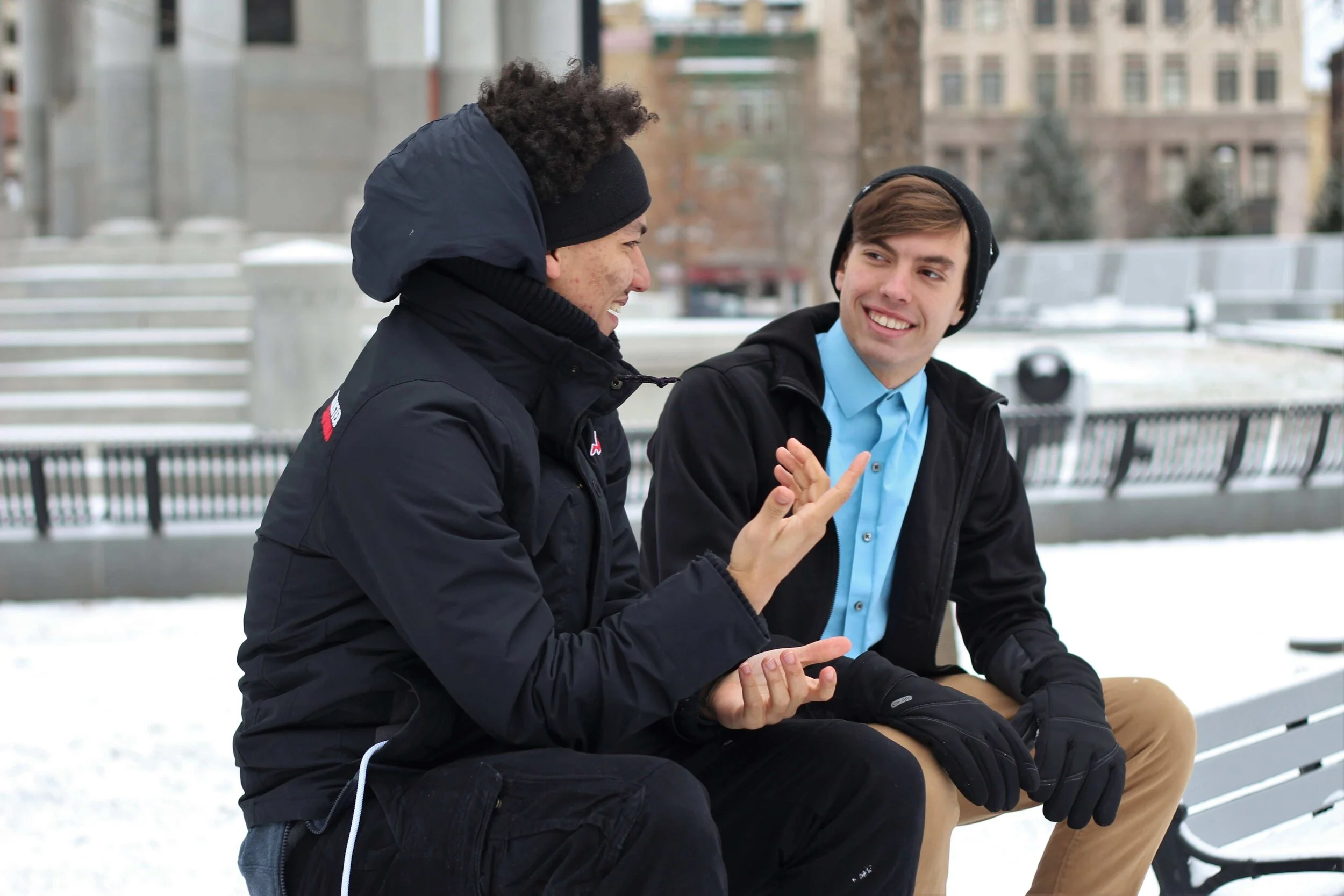Image Unsplash
Everyday religion
“People seek for methods of learning to love God. They hope to arrive at it by I know not how many different practices; they take much trouble to remain in the presence of God in a quantity of ways. Is it not much shorter and more direct to do everything for the love of God, to make use of all the labours of one’s state in life to show Him that love, and to maintain His presence within us by this communion of our hearts with His? There is no finesse about it; one has only to do it generously and simply.”
We hear many statistics about the decline of Christianity in the West. There is even a dedicated Wikipedia entry called, ‘Decline of Christianity.’ It seems to be an assumption even within the Church that makes us shake our heads and question the state of the world.
What are these statistics based on? They generally use census data or depend on surveys that ask about membership of official organisations, or about attendance of formal events. Yet, sociologists of religion have realised that this cannot be the full picture of religious life.
Now the study of religion has shifted beyond the old dualism of ‘official’ and ‘folk’ religion that suggested a life of faith is lived either in orthodox beliefs and practices or popular expressions of visits to shrines, pilgrimage, ritual healing and stories of miracles. As if we couldn’t do both. See for instance the growth in pilgrimage.
Currently sociology of religion is studied as ‘Lived Religion.’ It pays attention to wherever and however we find people invoking the sacred. This can be on the sports field, at the work desk, in the washing of a patient’s hands or the telephone conversation with a hurting friend, or, as with Brother Lawrence, when we’re peeling potatoes.
Our daily activities are motivated and shaped by our culture, beliefs and the authority we subscribe to, which in turn is shaped by a religious heritage. All of these factors combine to shape our intentions when we engage with our neighbour. Is it out of guilt or love, honour or shame, fear or power? The question therefore is to see what paradigms of thought underlie Lived Religion.
The WhenWomenSpeak network brings together thinking and practice that help us question our assumptions, not only about the beliefs and practices of others, but also to see how the Bible addresses these paradigms, and sometimes help us understand our own motivations in a new light. At a recent workshop in Bristol, we started exploring paradigms of honour and shame, rites of passage and purity to hear from each other how these frameworks help shape deeper connection to our neighbour.
Try this for yourself. Read Matthew 15 and see which parts are shaped by ideas about purity and which have to do with honour and shame. How does Jesus display his divinity in an everyday activity?
Georgina is a member of the Network Circle team and as a Regional Facilitator, supports groups in the West region.










